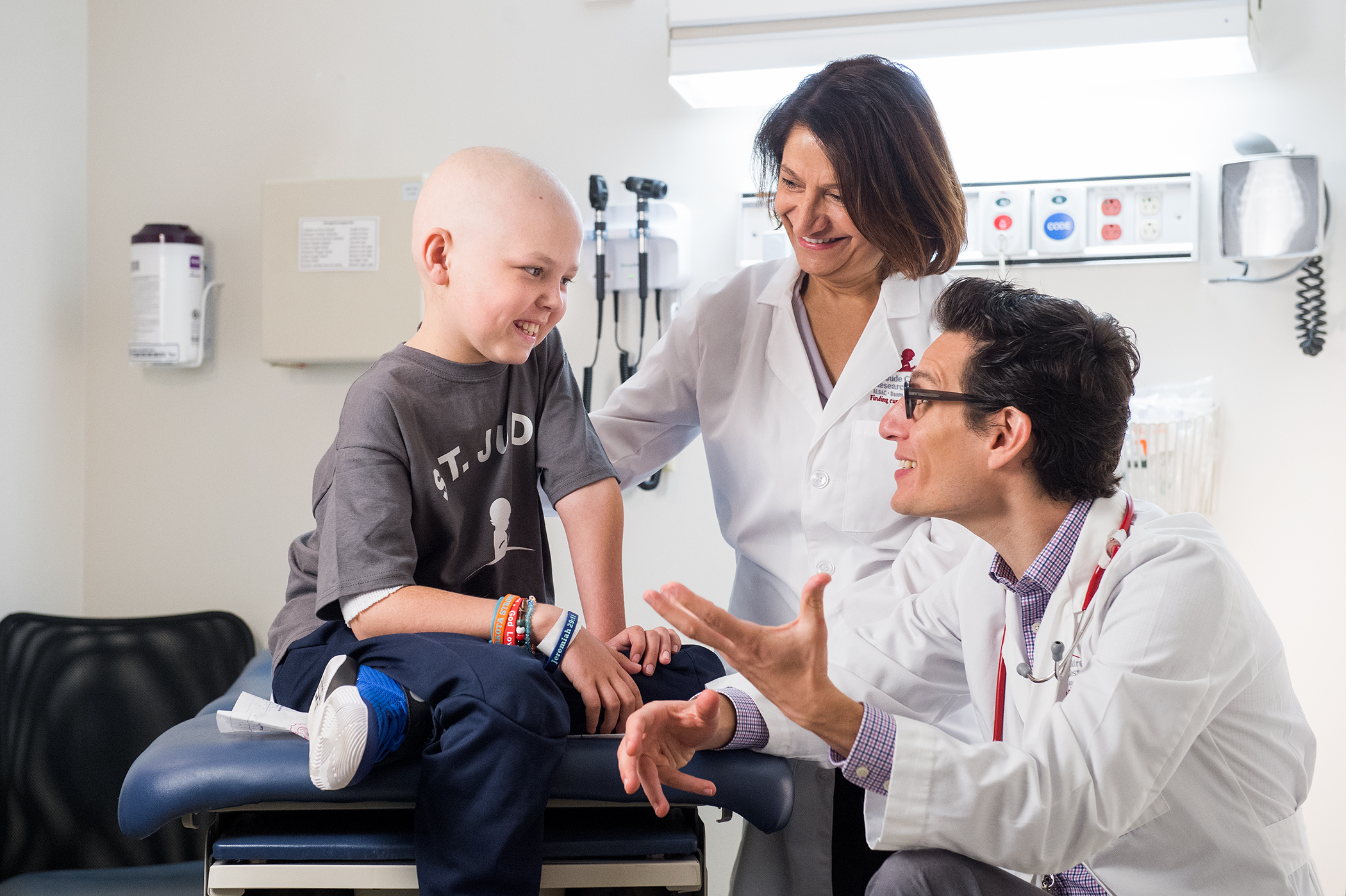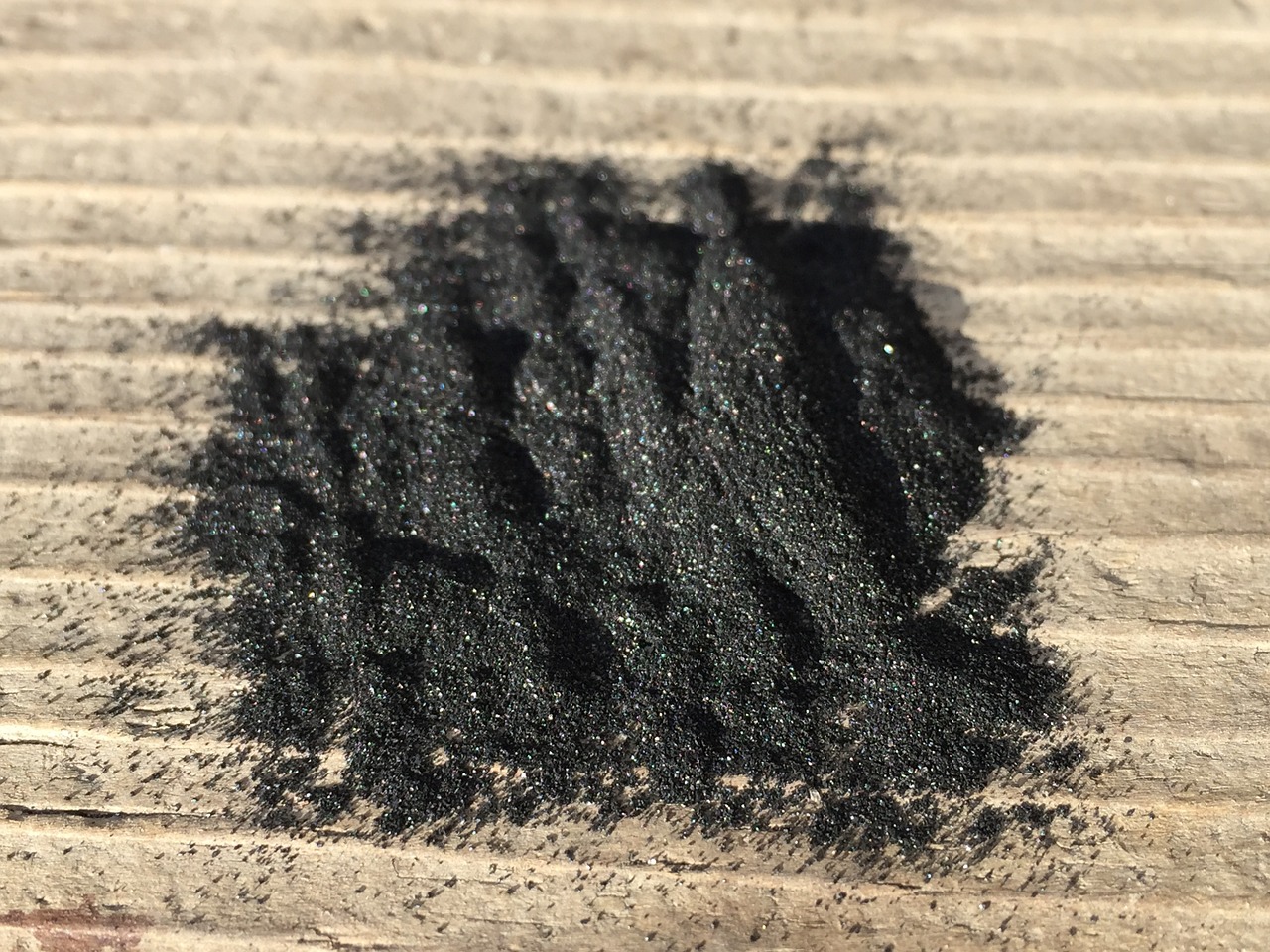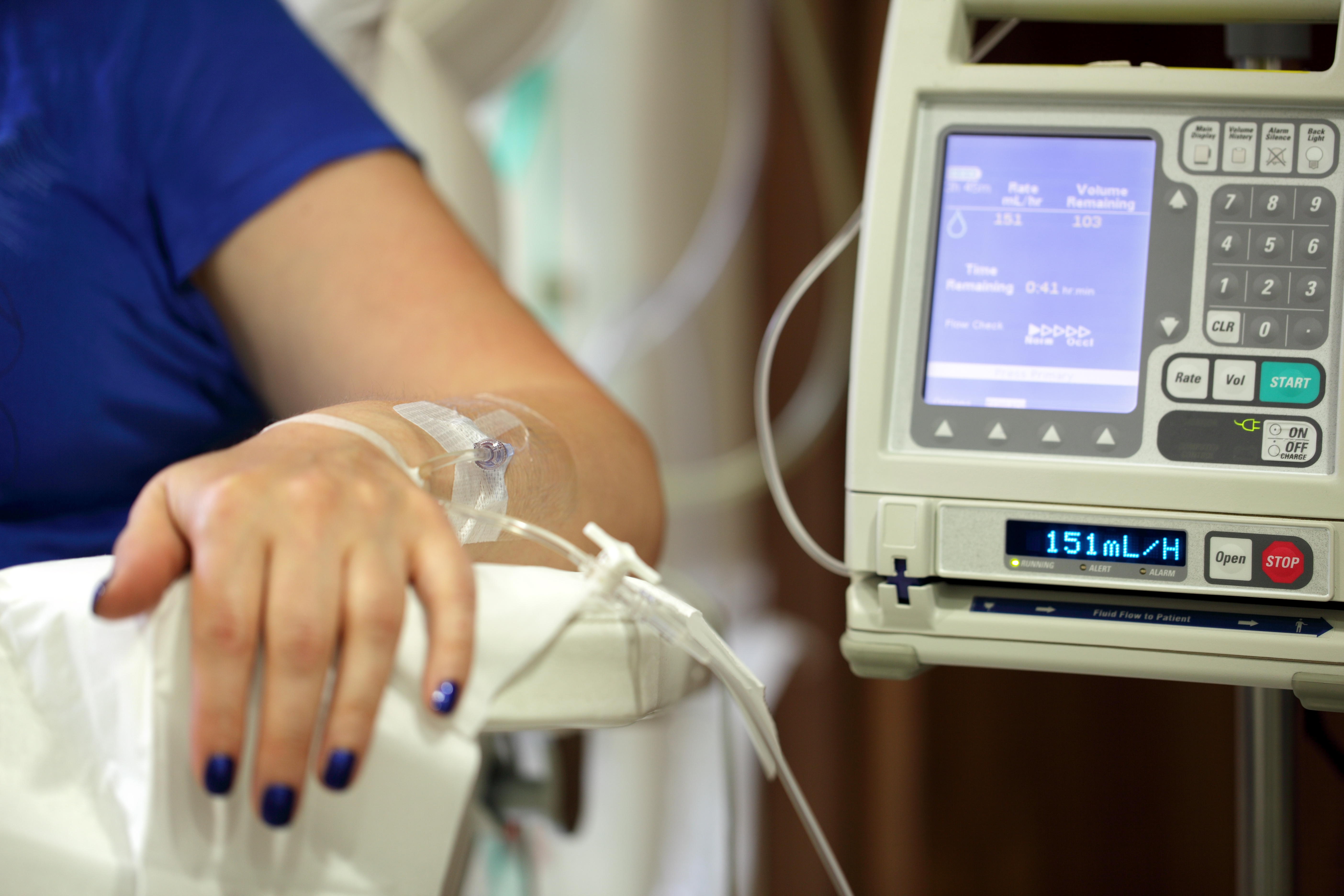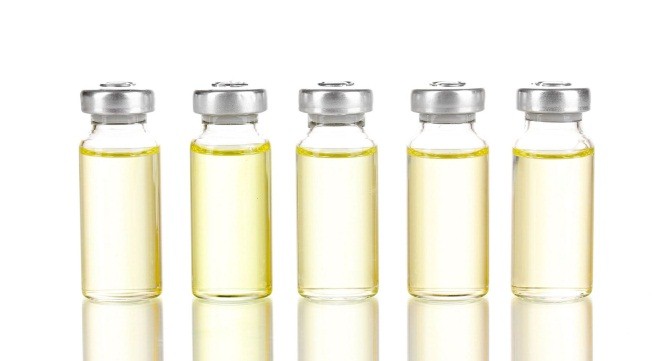A lack of exposure to bacteria and other beneficial microbes early in life could contribute to the development of pediatric cancers including acute lymphoblastic leukemia, according to researchers from the Institute of Cancer Research in the UK. The study findings – published in the journal Nature Reviews Cancer – have the potential to help prevent children from developing acute lymphoblastic leukemia altogether.
It’s estimated that one in every 2,000 children will be affected by acute lymphoblastic leukemia, which is one of the most common types of pediatric cancer. According to Professor Mel Greaves from the Institute of Cancer Research, 30 years of study into the cause of this cancer type have led to the development of a unified theory of leukemia in children.
Because children who are born and raised in wealthier and more advanced nations are more likely to develop acute lymphoblastic leukemia, the researchers hypothesized that something consistent with this type of upbringing could be contributing the common nature of the blood cancer.
Greaves and collaborators have found three events that, when combined, increase the likelihood of immune dysfunction and cancer development. Children who go on to develop acute lymphoblastic leukemia are often affected by a genetic mutation which occurs during gestation. While this mutation alone my not be enough to trigger the development of cancer, children who are not exposed to challenges to their immune system – namely bacteria, viruses and other microorganisms – in the first 12 months of life go on to form a malfunctioning immune response.
Once the child is exposed to a pathogen in early life, the immune system has no experience handling threats and may mount an inappropriate response which results in the development of leukemia.
“The research strongly suggests that acute lymphoblastic leukemia has a clear biological cause and is triggered by a variety of infections in predisposed children whose immune systems have not been properly primed,” Greaves told BBC News.
Multiple previous studies along with public health data helped to shape this unified theory of leukemia. In 2009, an outbreak of swine flu in Milan, Italy contributed to the development of acute lymphoblastic leukemia in seven children affected by the virus. In animal studies, those bred in a completely sterile environment showed higher levels of leukemia when exposed to a pathogen.
In addition, children born vaginally, as well as those who were breastfed or exposed to older siblings and other children have all been found to have a lower incidence of leukemia. All these activities expose babies to beneficial bacteria within their first year of life, which helps them to build their gut microbiome and develop a healthy immune system.
Despite their findings, Greaves and his colleagues don’t advocate excessive childhood exposure to dirt, nor do they criticize well-meaning parents and guardians for keeping their children clean. They say that a probiotic drink containing beneficial bacteria could be a safe and simple way of getting these microbes into a child’s system to help them develop a healthy immune system. However, the supplement is far from being available on supermarket shelves.
“The most important implication is that most cases of childhood leukaemia are likely to be preventable,” said Greaves. For now, parents could, “be less fussy about common or trivial infections and encourage social contact with other and older children.”
While the research is compelling, others in the field aim to remind people about the preliminary nature of this research and that more will need to be done before definitive measures can be taken to prevent childhood leukemia.
“We urge parents not to be alarmed by this study,” said Dr. Alasdair Rankin, Director of Research at the blood cancer charity, Bloodwise. “While developing a strong immune system early in life may slightly further reduce risk, there is nothing that can be currently done to definitively prevent childhood leukaemia.”












Join or login to leave a comment
JOIN LOGIN